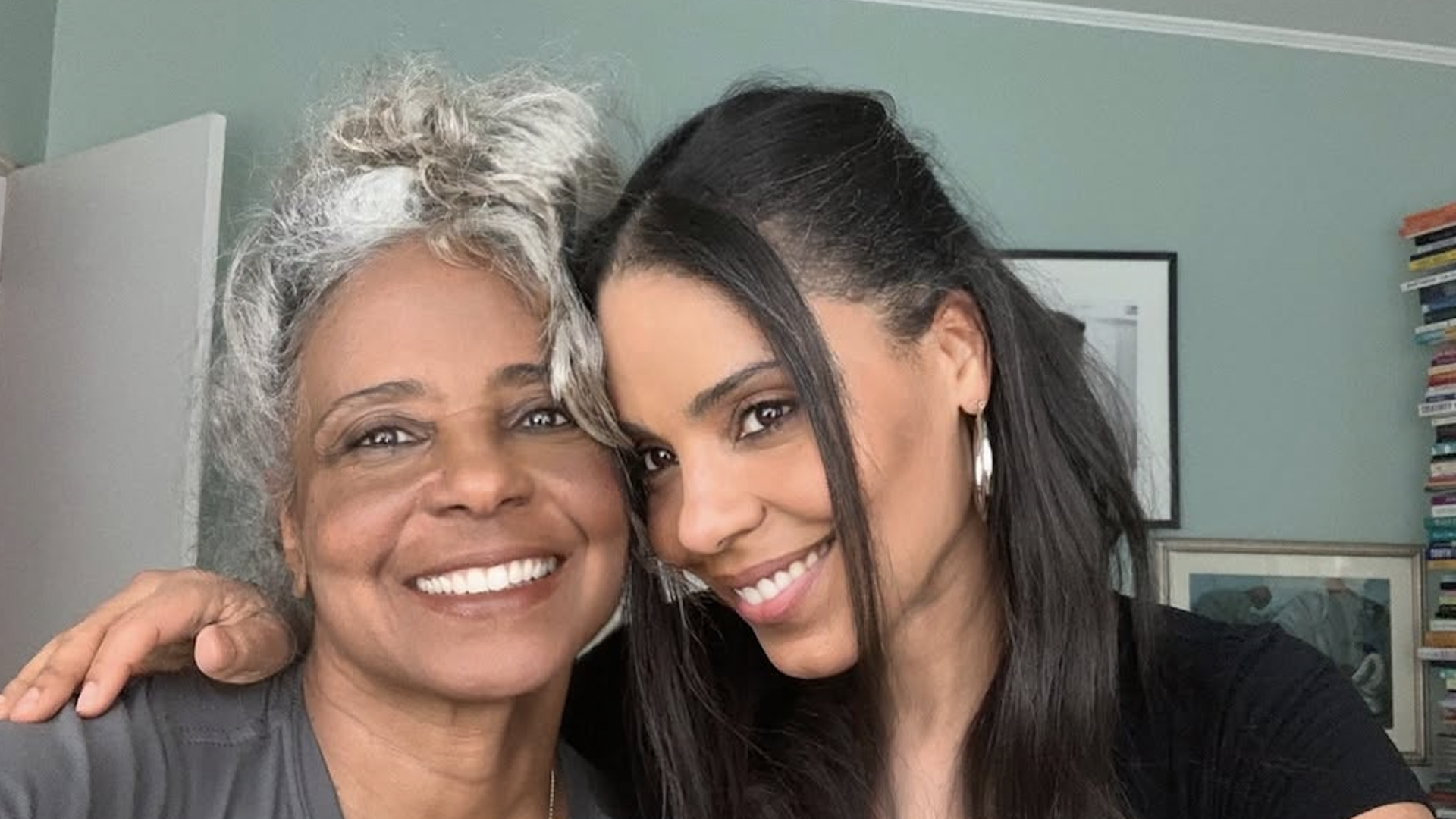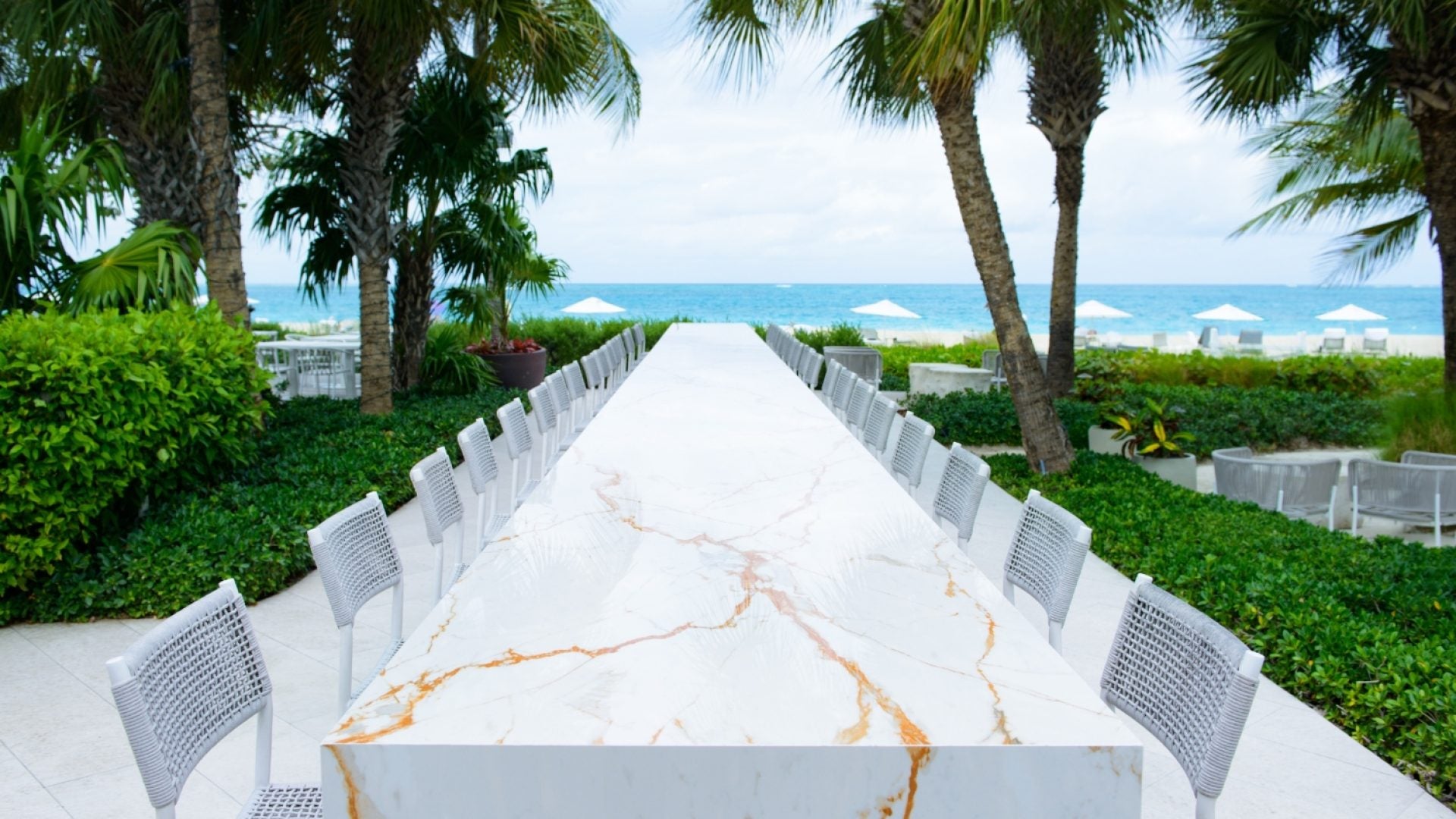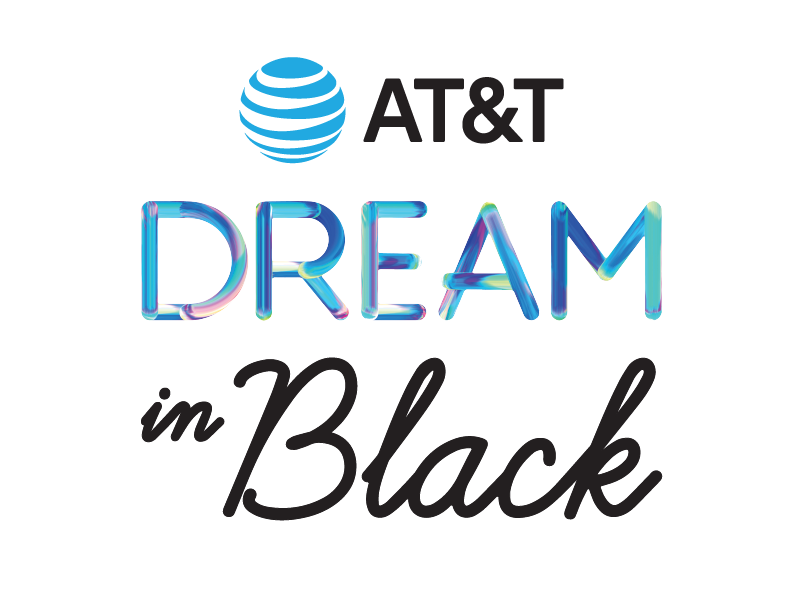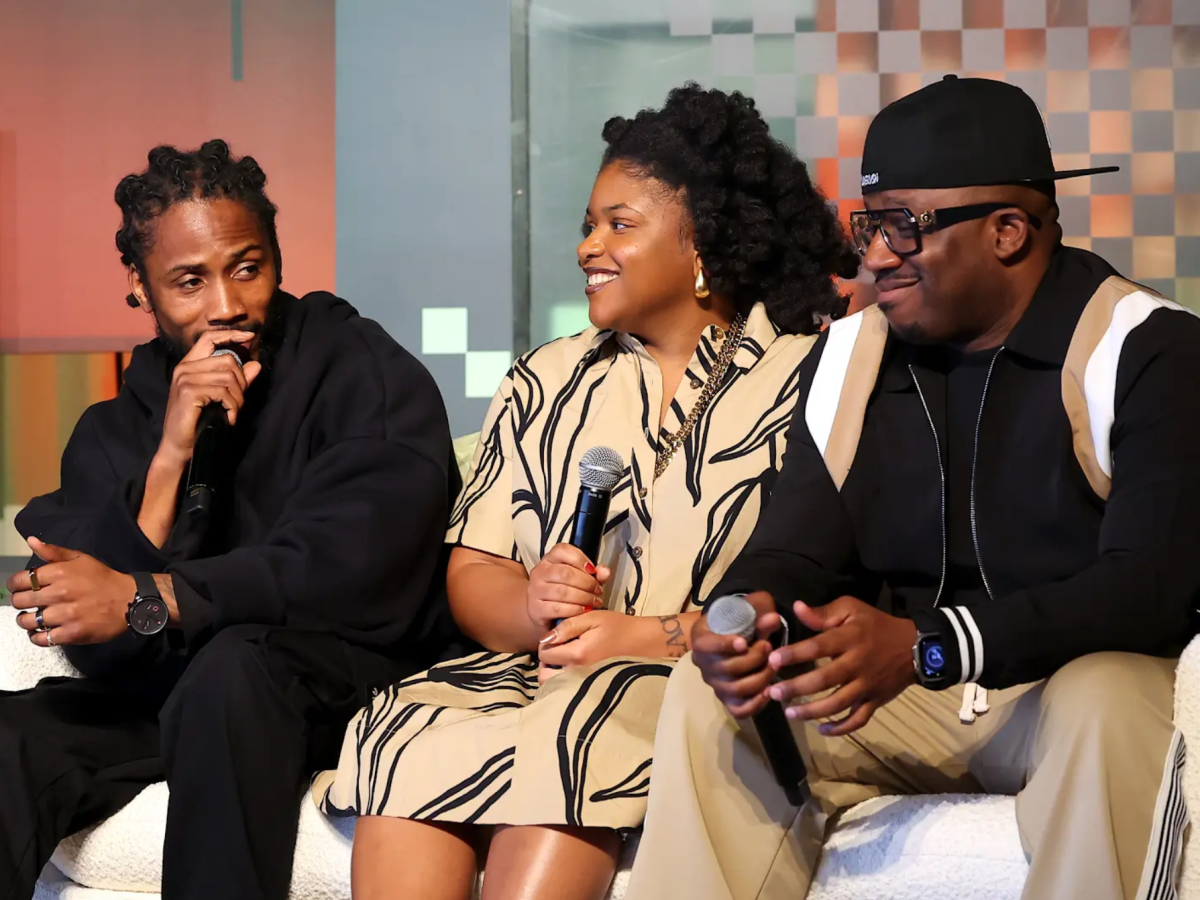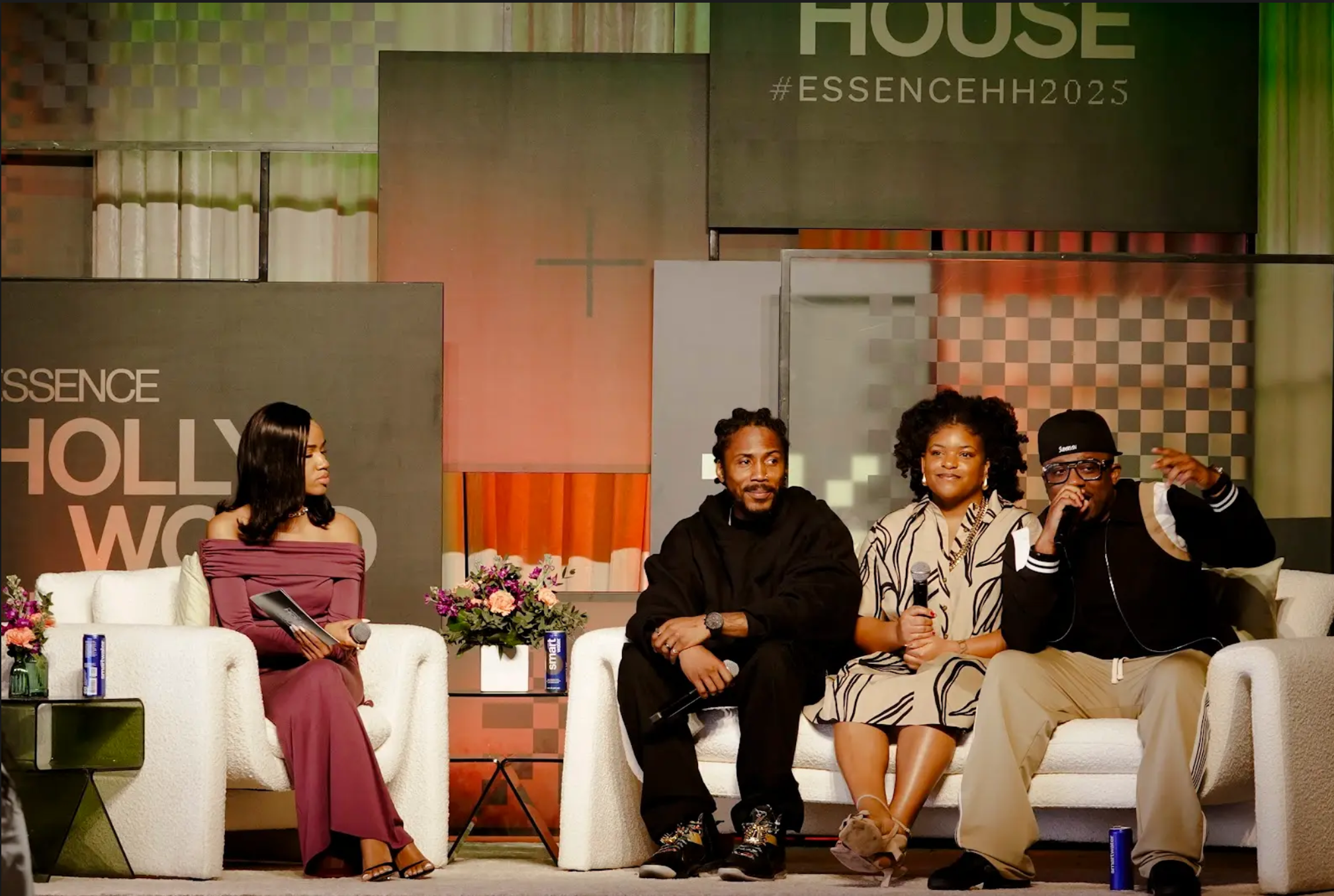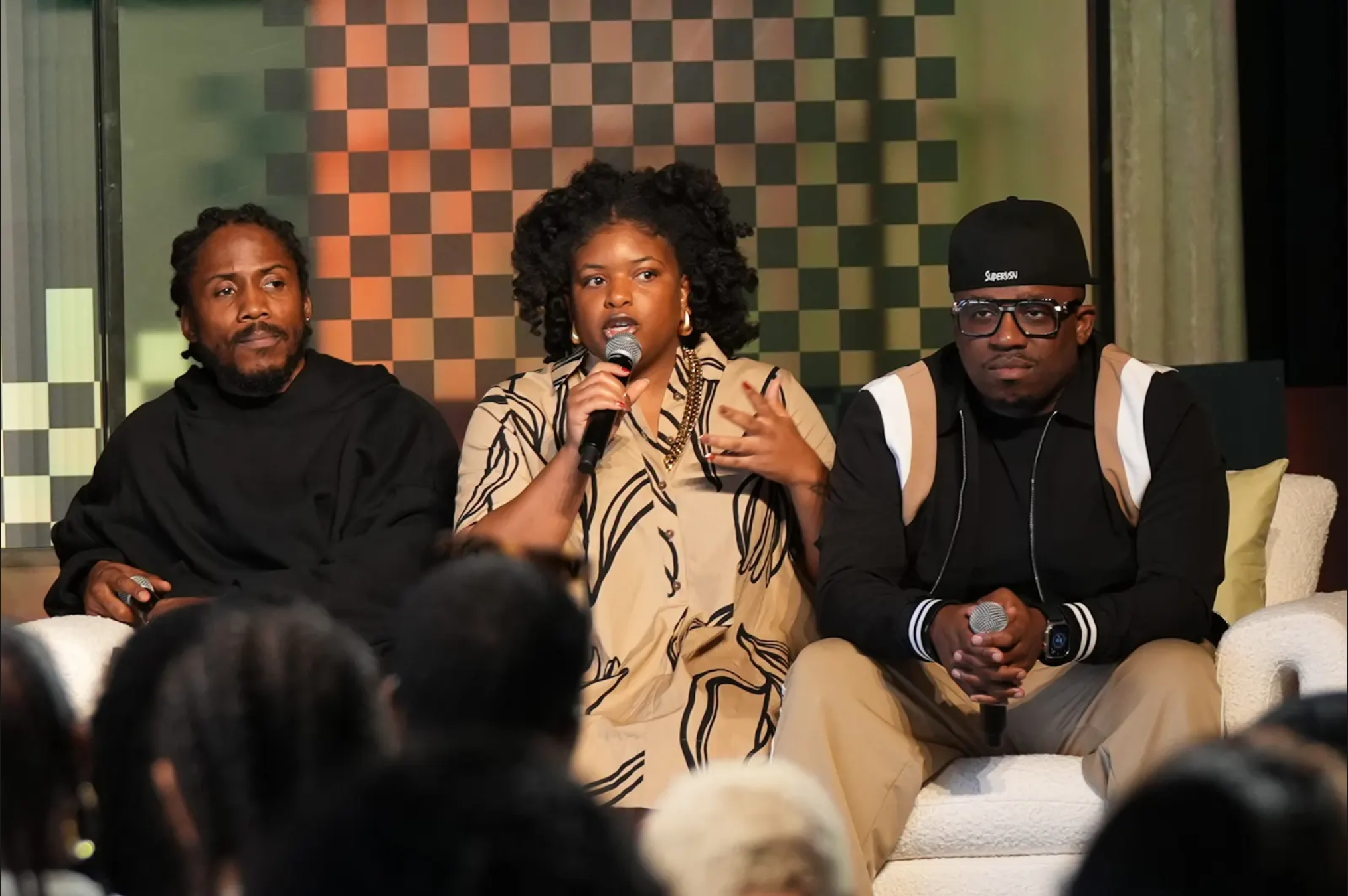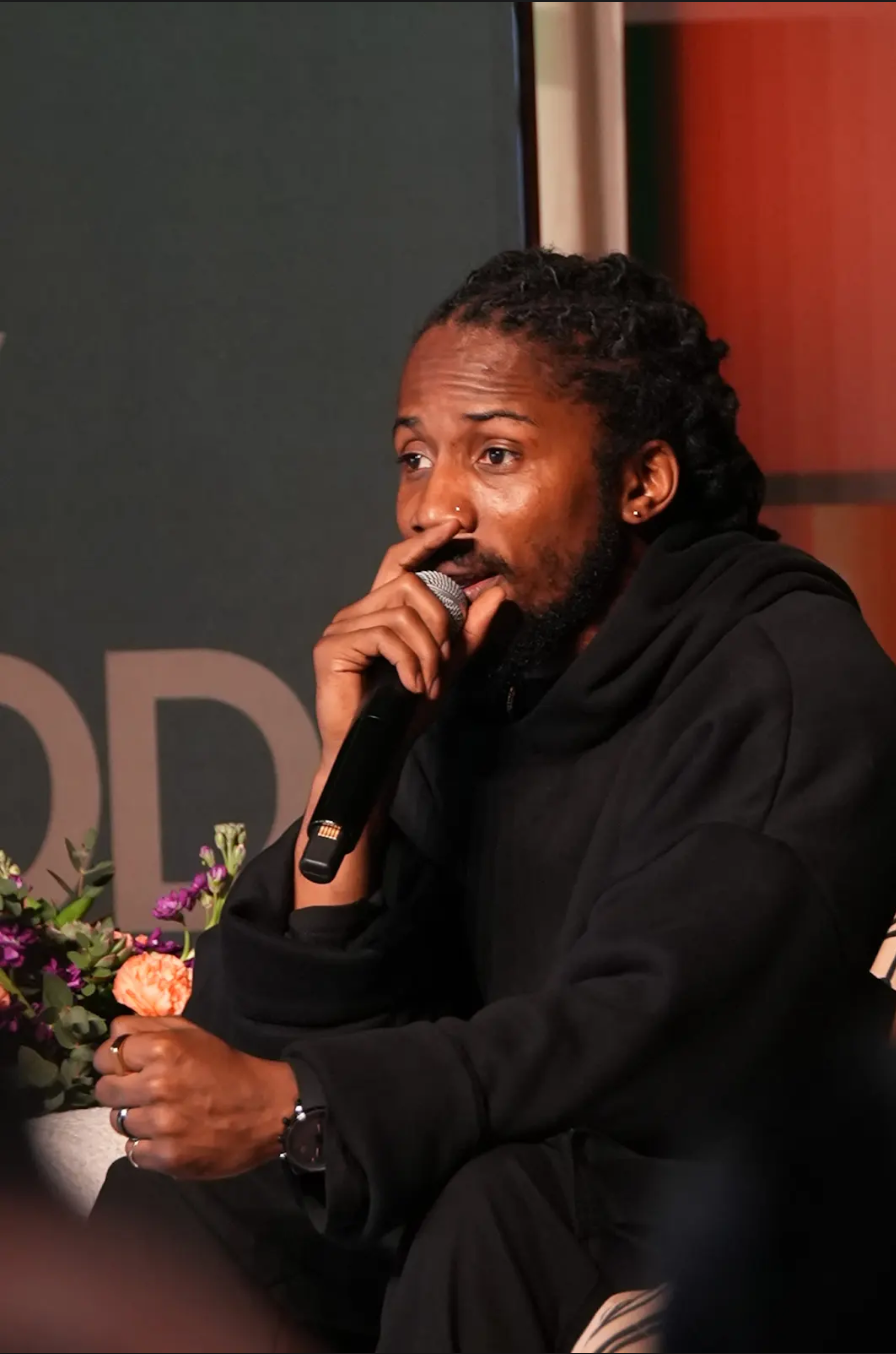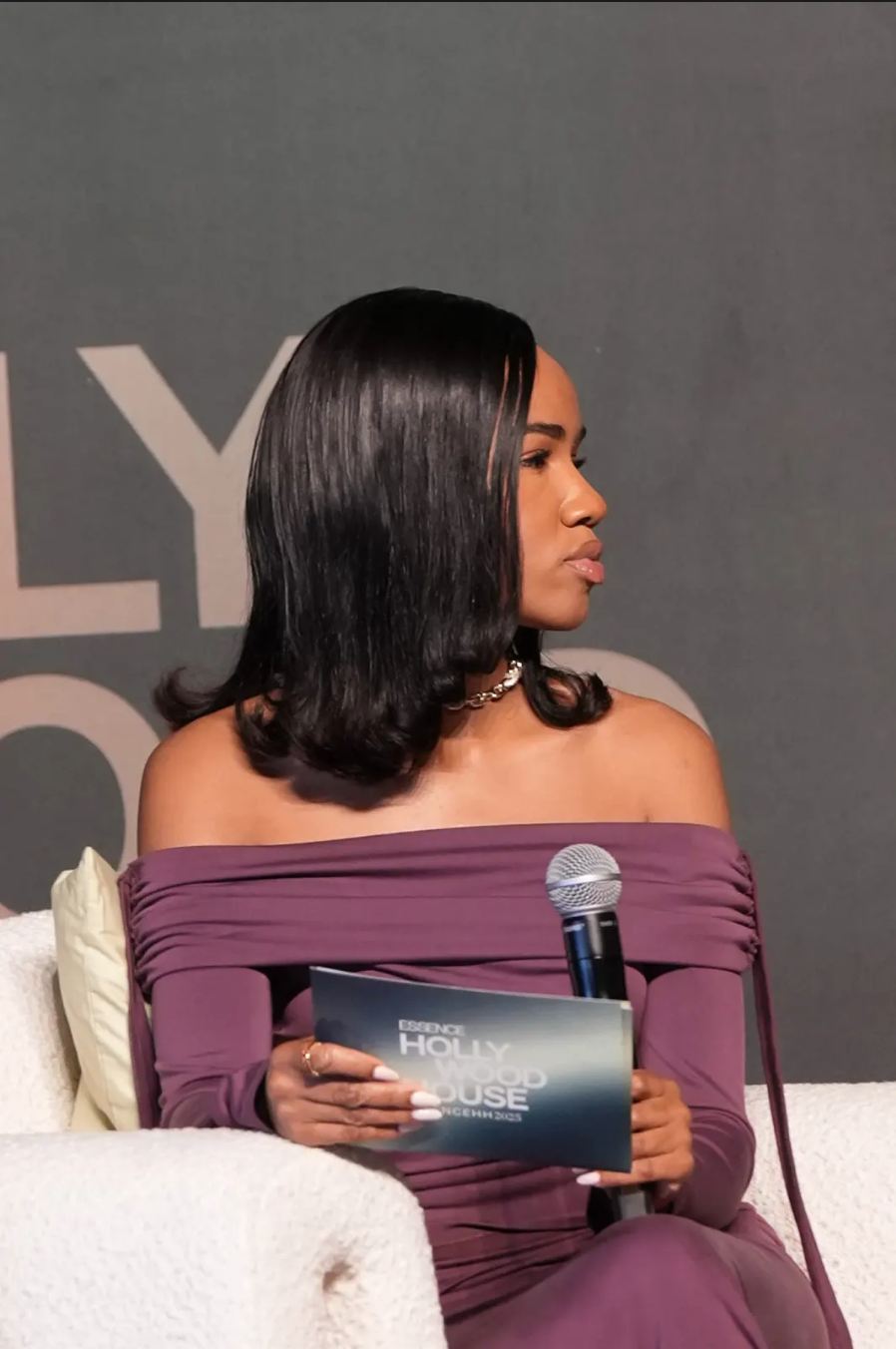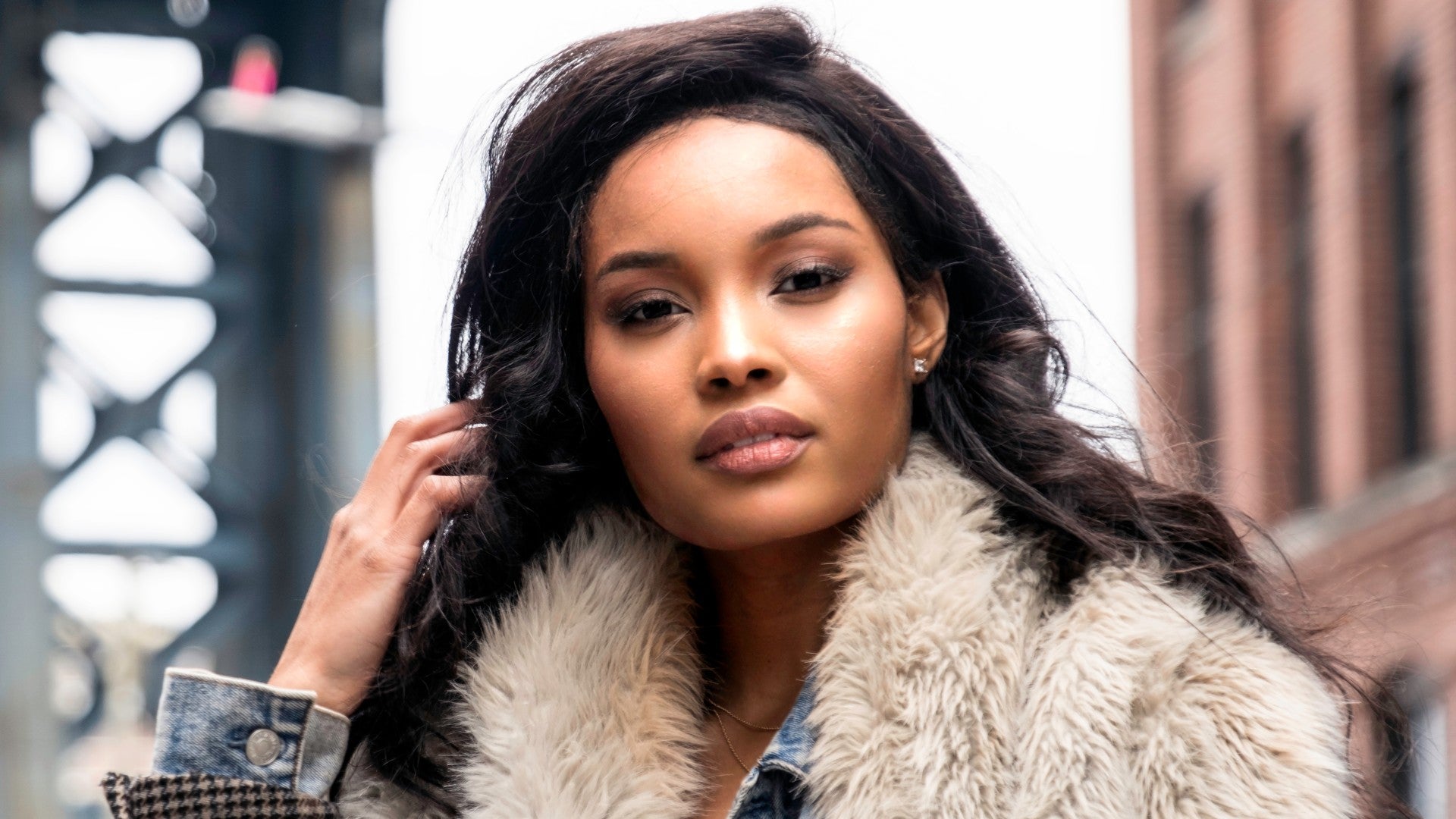
On Wednesday, the United States seized a shipment of $800,000 worth of weaves and other hair products, according to the Associated Press. The hair, which was made by Lop County Meixin Hair Product Co Ltd. is suspected to have come from people locked inside a Chinese internment camp in the Xinjiang region. It’s an area where the government has been known to have detained more than 1 million Uyghurs, a Turkish-speaking minority group of Muslims.
Relations between the United States and China have been unstable for years, and more so since Donald Trump took office, imposed tariffs, and began engaging in a trade war with the affluent nation. Since the pandemic shuttered foreign imports, Americans have seen just how much we rely on cheaply made products from China—everything from eyelash extensions to furniture to wedding gowns, and of course, hair extensions.
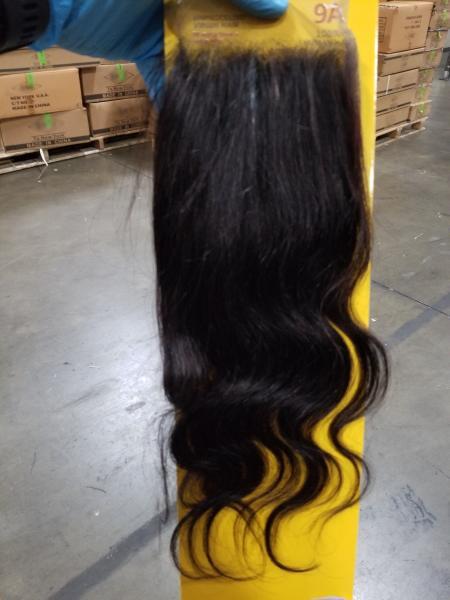
But this recent seizure is evidence of a larger issue of turning a blind eye to human rights violations in exchange for cheap goods. In May, the U.S. Customs and Border Protection (CBP) detained an import on merchandise (including synthetic hair) produced by Hetian Haolin Hair Accessories Co. Ltd., another manufacturer in the Xinjiang region, based on information that indicated that the hair products were produced with the use of forced labor. Hetian Haolin’s products are imported by I & I Hair, headquartered in Dallas, Texas and its weaves are sold under the Innocence brand, also known as EZ Braid.
“CBP is responsible for targeting and eliminating unsafe and illicit goods from the U.S. supply chain,” said Brenda Smith, Executive Assistant Commissioner of CBP’s Office of Trade, in a statement. “It is critical that members of the trade community closely inspect their supply chains to ensure that American businesses and consumers can trust that the products they purchase are safely and ethically sourced, without the use of forced labor of any kind.”
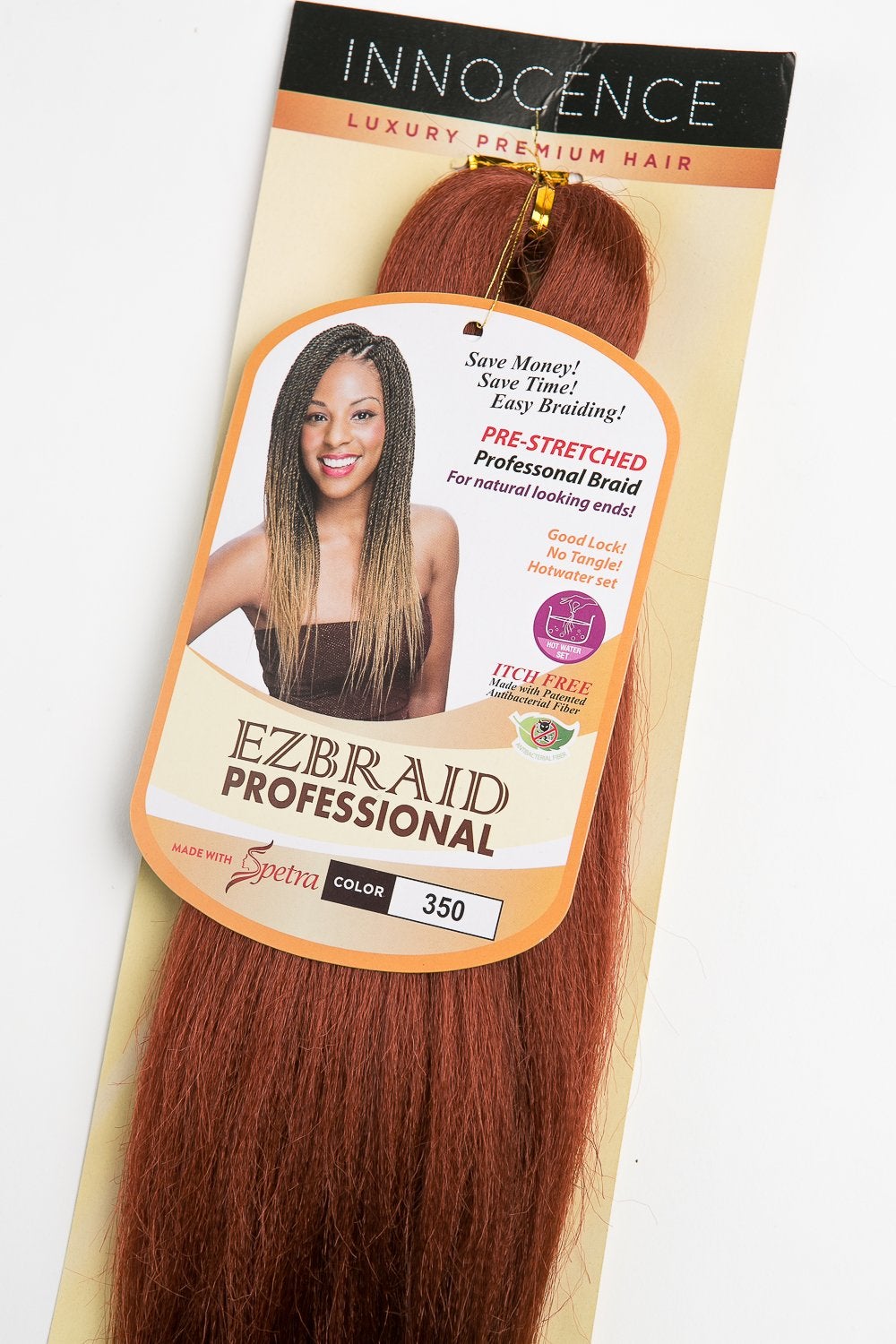
According to AP, the Chinese Ministry of Affairs has said that there is no forced labor, nor detention of ethnic minorities.
On June 17, Donald Trump passed the Uyghur Human Rights Policy Act of 2020 which “directs United States resources to address human rights violations and abuses, including gross violations of human rights, by the Government of the People’s Republic of China through the mass surveillance and internment of over 1,000,000 Uyghurs, ethnic Kazakhs, Kyrgyz, and members of other Muslim minority groups in Xinjiang Uyghur Autonomous Region.”
The policy also condemns indoctrination camps and forced labor of the protected groups named in the act, inside and outside of China. Yet, based on a statement that Trump released the same day, it’s unclear what action, if any, will be taken against the Chinese government if found to be in violation of the act.
The AP reports that it’s extremely rare for the U.S. government to block imports produced by forced labor. That means the burden falls on consumers to research the origins of products and look for brands that ethically source and produce their goods.
With so many brands getting materials from China however, it’s difficult to make the distinction between companies using forced labor and those that aren’t. And for Black-owned businesses already squeezed out of many wholesale markets in the United States and around the world, cheap products that help their margins are a commodity.
“I’ve found the most success with braiding hair manufactured in China as this is typically where most huge braiding hair brands source their products and materials,” said Ashley Nicole, creator and CEO of WrapCulture boutique which offers hair products and services. “Since I’m aware that unethical practices can occur, I hold transparency with my manufacturer as a top priority and follow that up with in-depth screenings and research on the company’s practices as well as virtual and in-person meetings when possible. Since I am a braider, my input and guidance with the production of the hair are what sets WrapCulture apart from Chinese brands who don’t actually use the products they sell.”
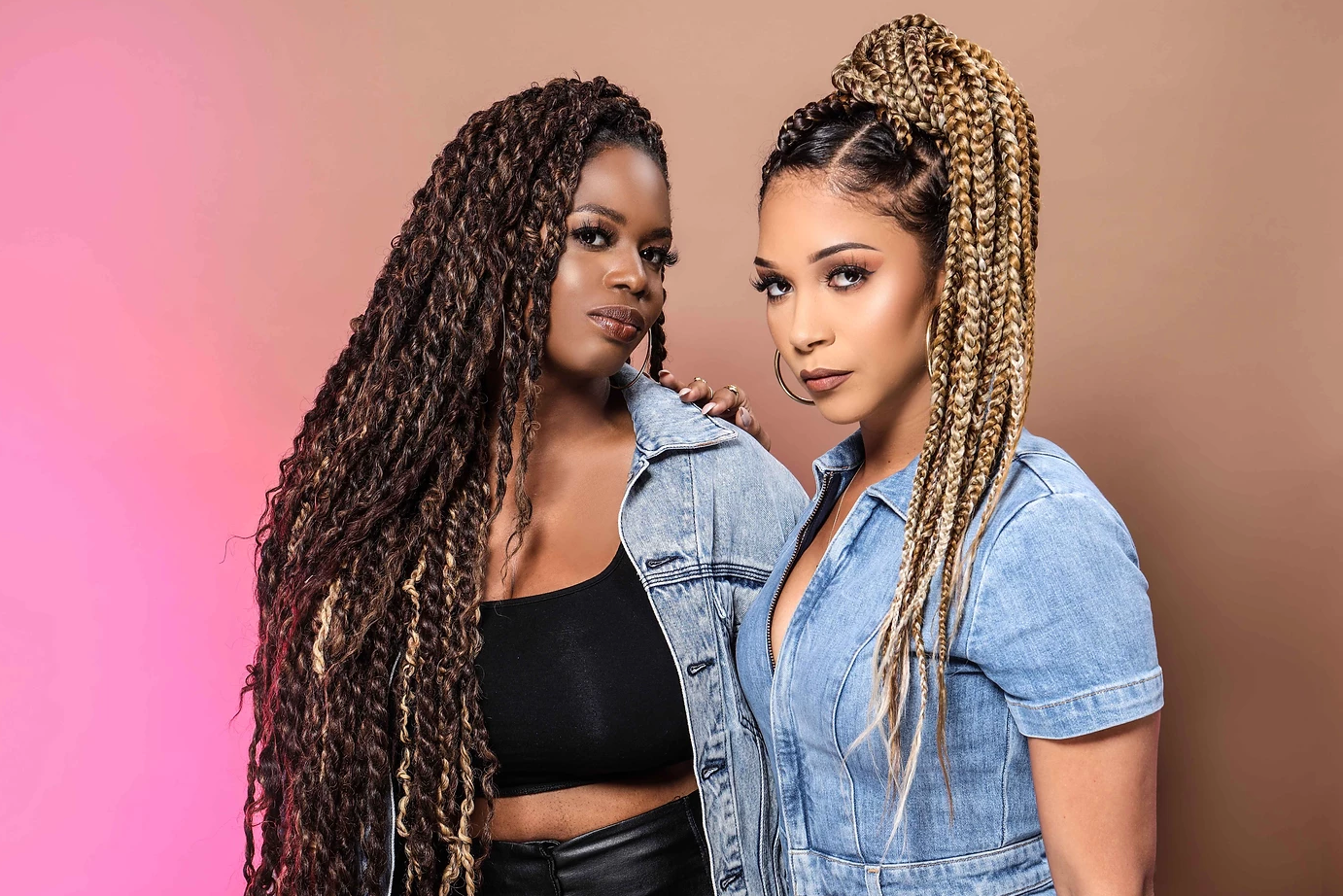
Nicole says that for a new small business, using Chinese companies is the most cost effective way to mass produce a variety of products in a short period of time.
To be clear, not all hair manufactured in China is made by forced labor. But for the business owners who source from the country, they must take the necessary measures to ensure that the goods are produced ethically and not pass that responsibility on to consumers.
In a statement on its website, I&I calls itself a “responsible brand” that cares for others through a give back initiative. It reads: Innocence I & I Hair is a responsible brand, contributing to making this world a better place one step at a time. A portion of our profits are used to support undernourished children in Africa. Moreover, each time a new employee is hired at EZ Braid, one needy African child receives a good education, shelter, food, and any necessary medical treatment. EZ Braid considers it a privilege to be able to give back.
We all want to look beautiful for our weddings, birthdays, anniversaries and other special life occasions, and a sleek hairdo constructed from an inexpensive pack of that Eurasian body wave sounds great. But the question we must all begin asking ourselves is what’s the real cost?
